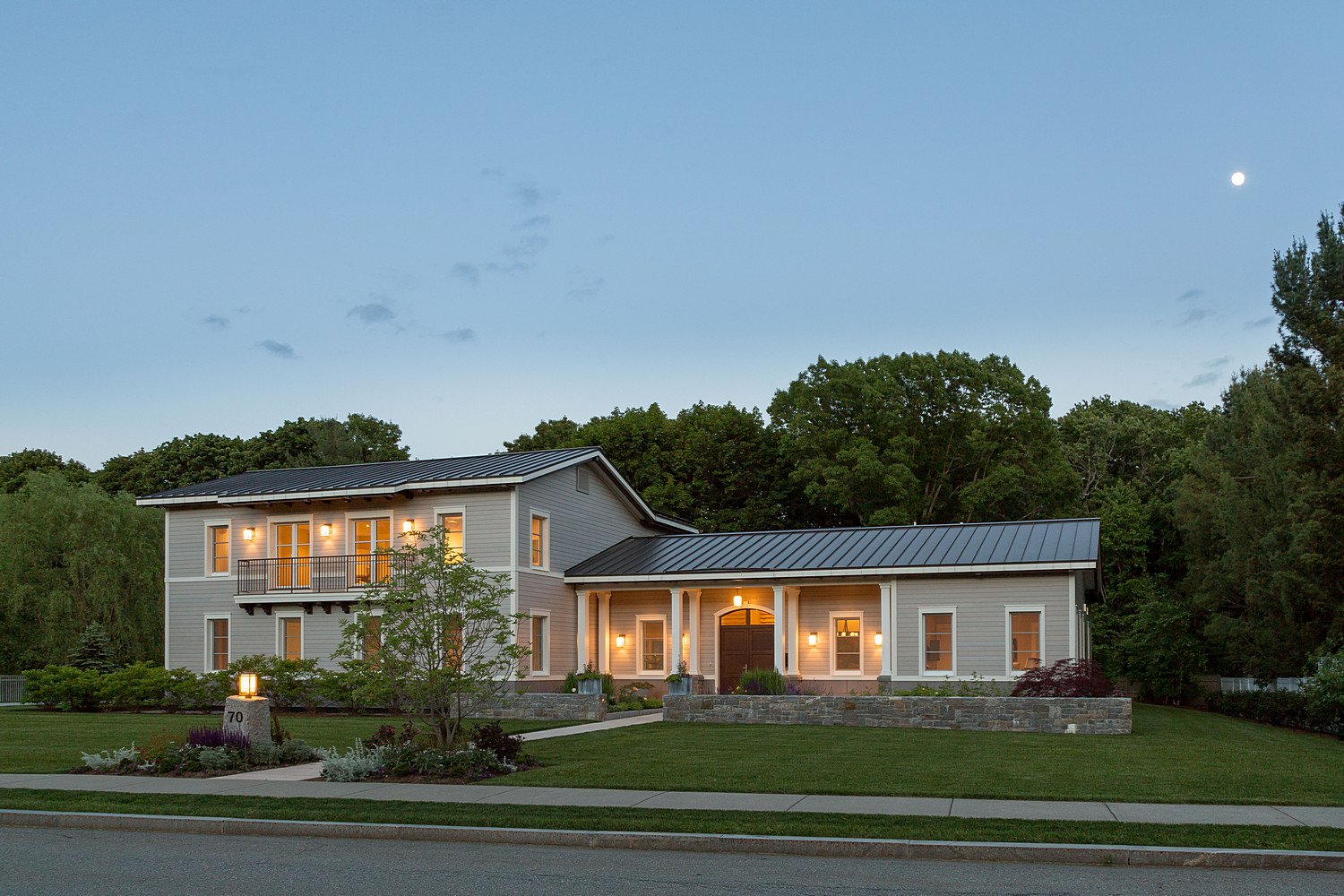ZeroEnergy Design recently submitted project data for 2018 to the AIA 2030 Design Data Exchange, reporting an impressive 92.6% reduction in pEUI savings across its architectural portfolio. Last year, ZED reported an 88.7% reduction and was one of the only 10 firms nationwide that achieved the AIA 2030 goal of 70% pEUI savings across their entire design portfolio.
The AIA 2030 Commitment program supports the AIA 2030 challenge, which calls for all new buildings, developments, and major renovations to be carbon-neutral by the year 2030, and offers architects a way to publicly show their dedication and track their progress.
Since 2010, architectural firms in the Commitment have been tracking and evaluating the performance of their design projects over each calendar year. The data, collected via the 2030 Design Data Exchange (DDx), includes the type of building, area, baseline energy performance, and predicted energy performance. In 2017, 2030 Commitment participants saved 17.8 million metric tons of CO2, which is equivalent to the carbon that would be sequestered by 21 million acres of forest.
ZED’s continued commitment to sustainable design and energy efficiency is reflected in its excellent year over year performance. This is the ninth consecutive year the firm has achieved the targeted 70% carbon reduction.
The 2018 Summary is expected to be released during the summer of 2019. In the interim, the 2017 report is available.
MORE: THE 2017 SUMMARY OF THE AIA 2030 COMMITMENT



